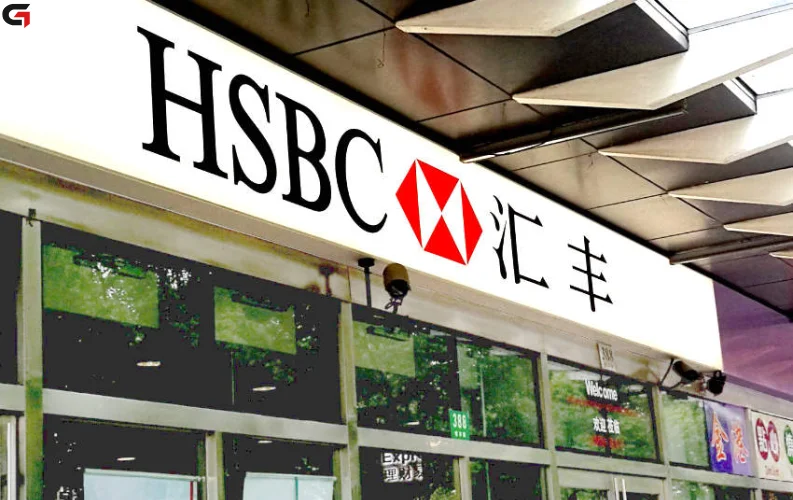Hang Seng Bank shares jumped nearly 30% on Thursday after HSBC unveiled plans to take its Hong Kong-listed subsidiary private in a deal valuing the lender at more than HK$290 billion ($37 billion).
Europe’s largest bank said it had asked Hang Seng’s board to propose a privatization scheme to shareholders under Hong Kong’s Companies Ordinance. Under the plan, Hang Seng shares would be canceled in exchange for HK$155 each, a 33% premium over the stock’s 30-day average of HK$116.5. HSBC currently holds around 63% of Hang Seng Bank, valuing the offer at roughly HK$106 billion.
HSBC shares in Hong Kong slipped more than 5% following the announcement. Group Chief Executive Georges Elhedery said the offer would “preserve Hang Seng’s brand, heritage and customer proposition” while unlocking new opportunities for growth in products, services, and technology.
Elhedery added that the proposal reflects HSBC’s confidence in Hong Kong’s position as a leading global financial hub and a key bridge between international markets and mainland China. The offer allows for dividend adjustments after the announcement date, excluding Hang Seng’s third interim dividend for 2025.
In a statement, HSBC said the move aligns with its strategic goal of expanding in Hong Kong, adding that integrating Hang Seng more closely would strengthen both institutions’ regional reach.
Analysts say the privatization could simplify governance between the parent and subsidiary. “Parent-subsidiary double listings are inherently problematic,” said Michael Makdad, senior analyst at Morningstar. “In that sense, it’s a positive and long-overdue move.”
Hang Seng Bank remains one of HSBC’s most important regional units, though it has faced rising credit risks. In its first-half 2025 results, non-performing loans climbed to 6.69% of total lending, up from 6.12% at the end of 2024, largely due to weakness in Hong Kong and mainland China’s property sectors.




















